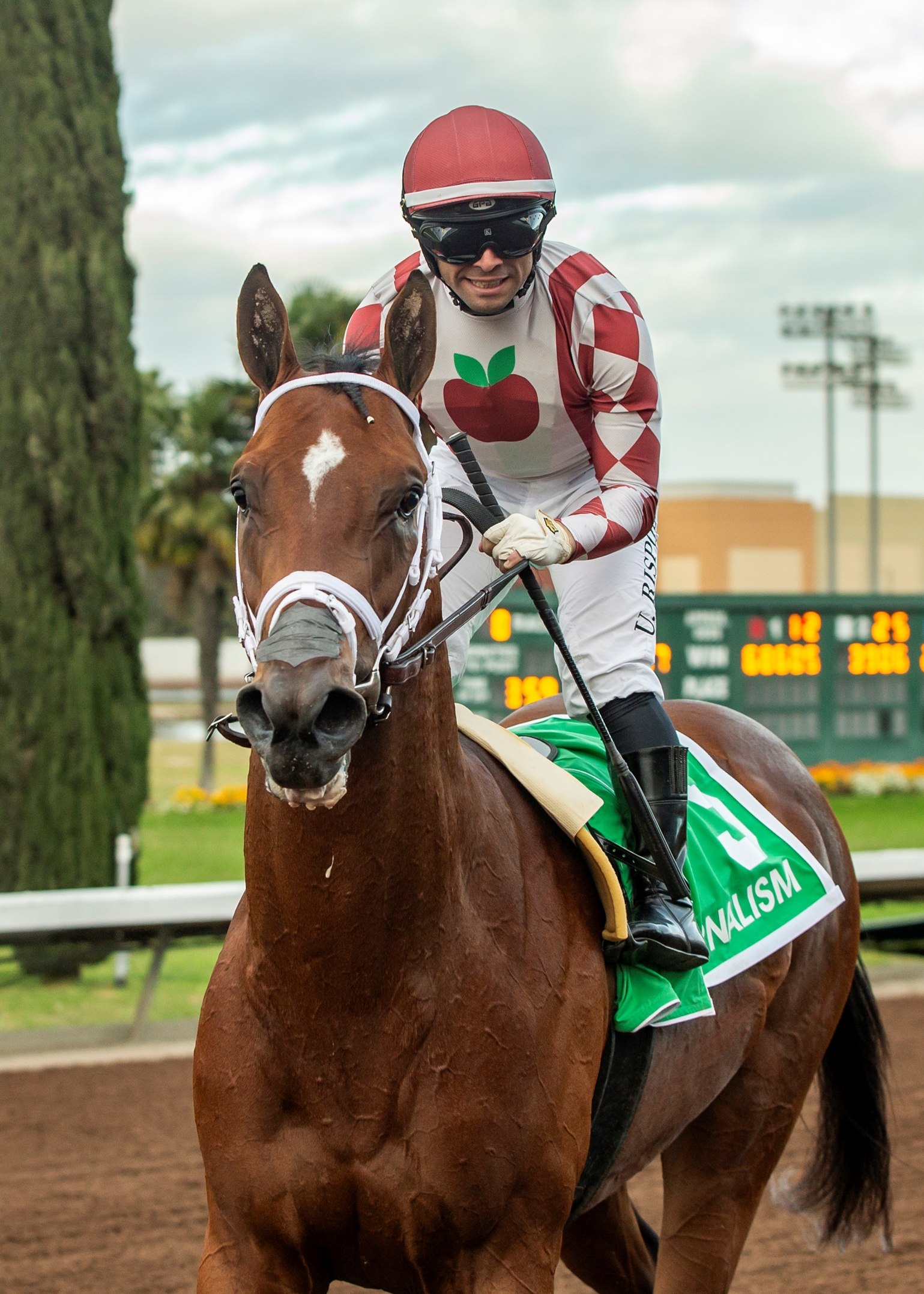
Introduction
Journalism plays a crucial role in many facets of society, and one of its most vibrant areas is horse racing. With millions of fans worldwide and significant economic impact, the horse racing industry relies on accurate, engaging journalism to promote events, report results, and delve into the stories behind the sport. Understanding the significance of journalism in this context not only highlights its importance but also stresses the responsibility that comes with covering such a dynamic field.
Recent Developments in Horse Racing Journalism
In recent years, the landscape of horse racing journalism has evolved significantly. The rise of digital media has changed how information is disseminated and consumed. Online platforms and social media have opened new channels for journalism, allowing for immediate reporting of race outcomes, injury updates, and industry news. Notable racing publications, such as ‘The Racing Post’ and ‘Thoroughbred Daily News’, have adapted by enhancing their online presence, often providing live updates and in-depth analysis for a global audience.
The Impact of Investigative Journalism
Investigative journalism has also played a critical role in shedding light on the darker aspects of horse racing. Reports on animal welfare, doping scandals, and financial misconduct have prompted significant changes in regulations. For instance, in 2021, a series of investigative reports uncovered widespread doping in the sport, leading to calls for stricter enforcement of existing rules and greater transparency in drug testing. This kind of journalism not only informs the public but also serves to hold the sport accountable, ensuring fair play and the well-being of the horses.
Community Engagement through Journalism
Moreover, horse racing journalism fosters community engagement among fans. Features on trainers, jockeys, and horses themselves help create a narrative that keeps fans invested. Various outlets often utilise storytelling to highlight personal journeys—tailoring articles that resonate emotionally with readers. Events like the Grand National or Royal Ascot see heightened media attention, as journalists not only cover the races but also delve into the social aspects of these events, encouraging community participation.
Conclusion
In conclusion, journalism serves as the backbone of the horse racing industry, shaping narratives around the sport and influencing public perception. As the industry continues to evolve, the role of journalism will remain central, facilitating communication between stakeholders and fans and pushing for ethical practices within the sport. For readers and fans of horse racing, staying informed through diverse journalistic channels will enhance their understanding and appreciation of this storied sport, ensuring its place in the cultural fabric for years to come.
You may also like

The Journey of Chris Mason: A Prominent Broadcaster in the UK

The Impact of Susanna Reid on British Television

Dasha Burns: A Promising Voice in Modern Journalism
SEARCH
LAST NEWS
- Remembering Wendy Richard: The Promise to Co-Star Natalie Cassidy
- How Did Anglian Water Achieve an ‘Essentials’ Rating for Mental Health Accessibility?
- Shai Hope Leads West Indies in T20 World Cup Clash Against South Africa
- What We Know About Weston McKennie: Future at Juventus and Past at Leeds
- What We Know About the Upcoming Live Nation Antitrust Trial